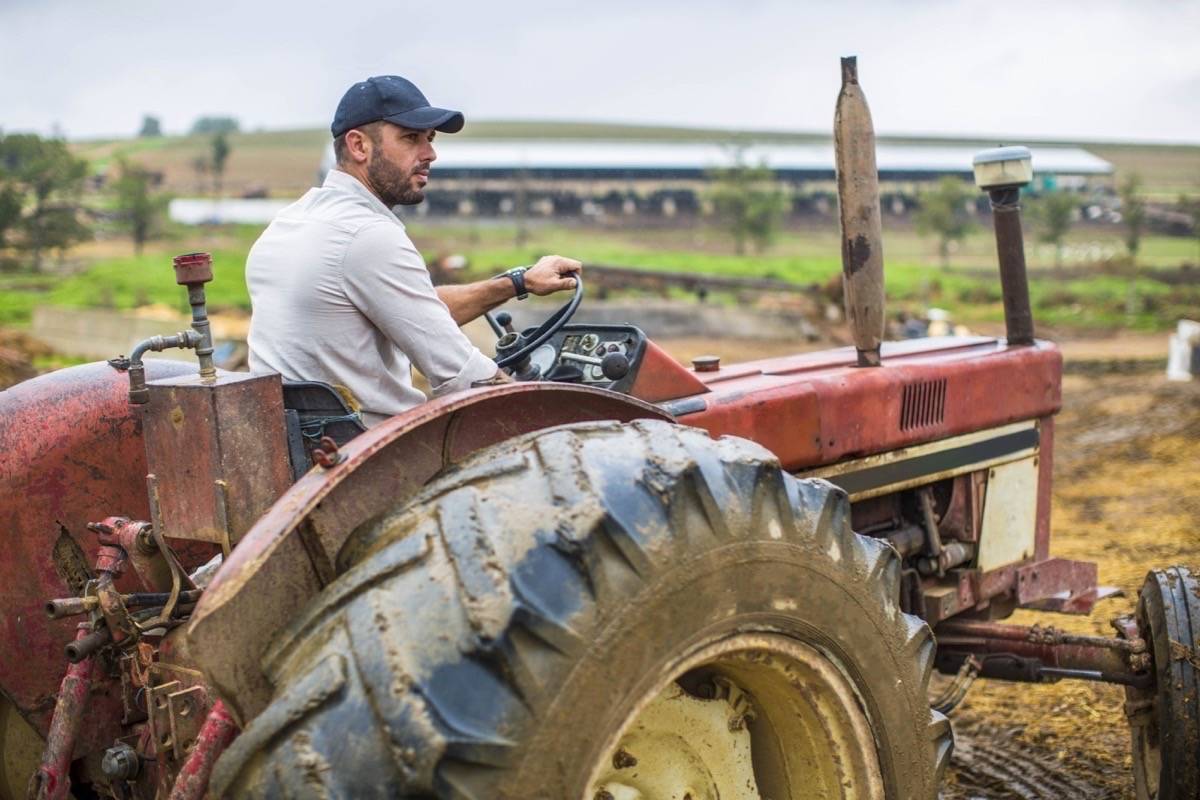This week marks Canadian Agricultural Safety Week, but of course it’s an issue that is of utmost importance all year long.
Living in Central Alberta, we hear of tragic farm accidents all too often in the surrounding region – so it’s an issue that is close to home, whether you are an urban or rural dweller.
As to the week itself, the Canadian Agricultural Safety Association (CASA), the Canadian Federation of Agriculture (CFA) and presenting sponsor Farm Credit Canada (FCC) are encouraging all Canadians to be part of the AgSafe Family this Canadian Agricultural Safety Week.
This year, organizers are focusing on supporting senior farmers through resources, safety advice articles, infographics, and more. This is the last year of the Be an AgSafe Family CASA campaign that focused on children (2016), adults (2017) and now in 2018, seniors.
According to agsafetyweek.ca, in Canada, the face of farming is changing. The average age of farmers is increasing.
“There are more farmers over the age of 70 than under the age of 35. The reality is, older farmers are farming more acres and farming well into their golden years.”
There is no question that senior farmers are vital to Canadian agriculture. Older farmers offer wisdom, knowledge and experience. But older farmers are also at risk for injury.
Take the time to evaluate your body, your mind and your farm.
Take breaks, ask for help and consider slowing down. Be a part of the AgSafe Family. After all, staying safe will help protect you, your family and your legacy.
According to Heather Watson, executive director of Farm Management Canada, in terms of physical health, factors including strength and flexibility, speed and reaction time, agility and balance, sight and hearing can affect capacity to work safely.
“Hearing loss tends to be much higher in the farming population from excessive exposure to loud noise from machinery and animals. Sight also becomes increasingly challenging for farmers who work all hours of the day and night, and in poorly lit conditions such as barns, outbuildings and other farm structures.
“Physical capacity can also be affected by chronic conditions such as diabetes, heart disease, and respiratory diseases such as asthma. Prescriptions and medication may further reduce alertness and interfere with the ability to safely accomplish tasks.”
To that end, Canadian Ag Safety Week asks farm families to have conversations about safety.
This year also marks the second year of the AgSafe Ribbon campaign.
The AgSafe Ribbon campaign celebrates the AgSafe Family and raises awareness about the importance of farm safety.
“The farm family is the most important support group in terms of keeping each other safe. By having the whole family work together and ensuring that everyone keeps safety in mind, we can help prevent farm accidents from happening,” says Ron Bonnett, president of the Canadian Federation of Agriculture. “Raising awareness through initiatives like the ribbon campaign will help to keep safety on the top of everyone’s minds while they are out in the fields.”
Farm Credit Canada is a long-time supporter of CASA and other farm safety programs, including the Safety Day Coordinator fund that provides support to communities that host safety day events for children.
“Safety on the farm doesn’t just happen; it’s a result of hard work by industry associations, government, industry advocates and of course farmers,” says Michael Hoffort, FCC president and CEO.



